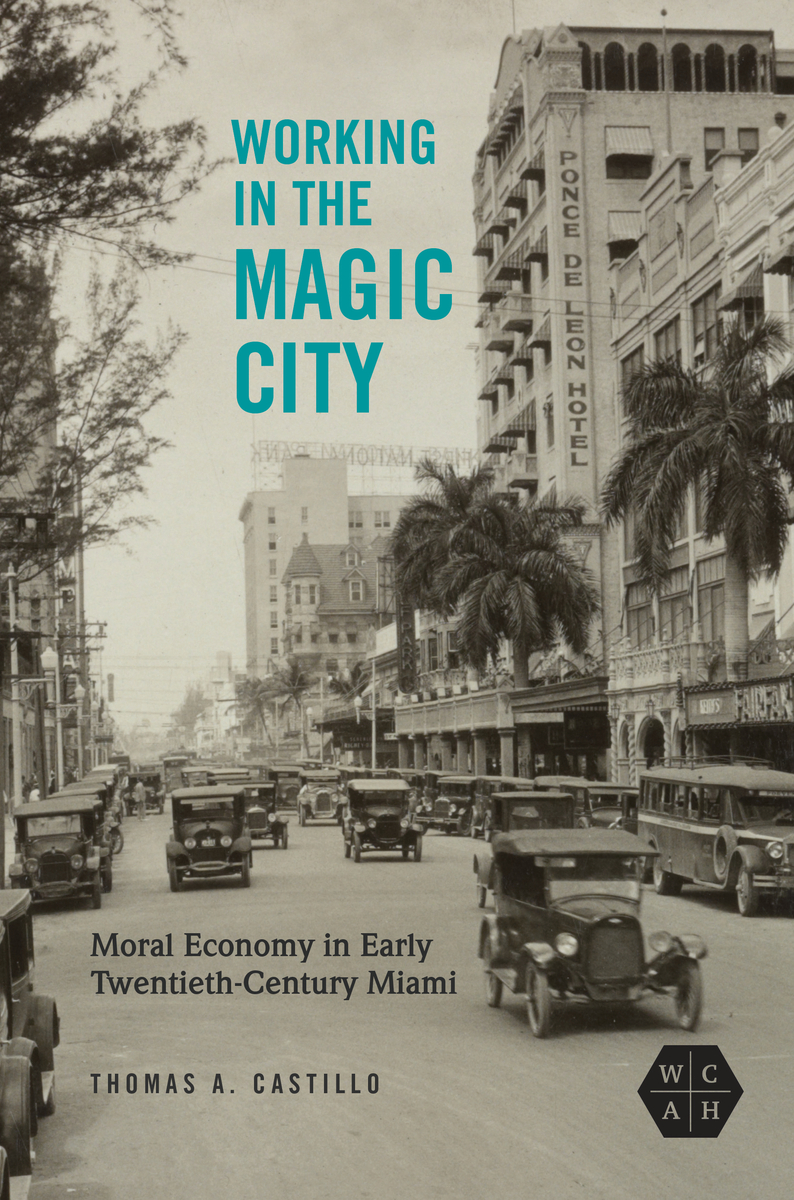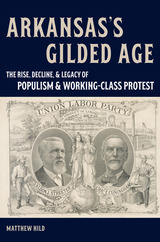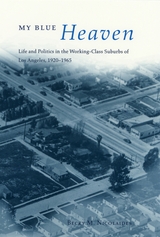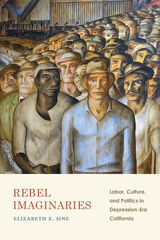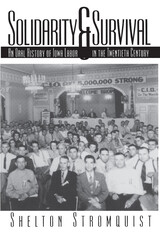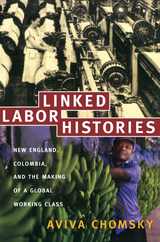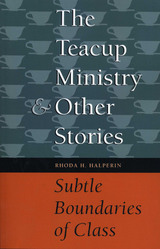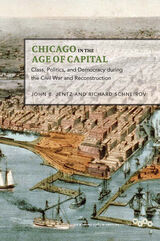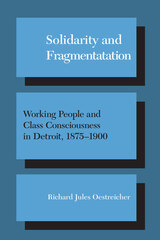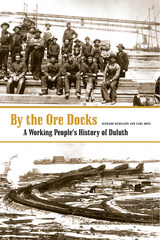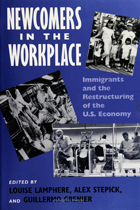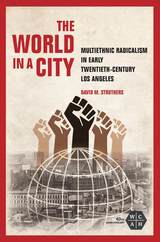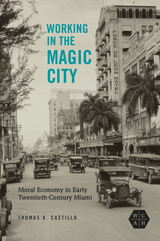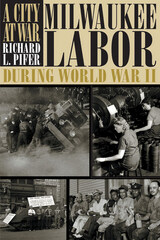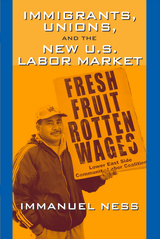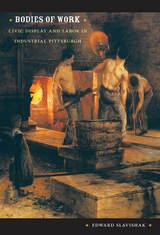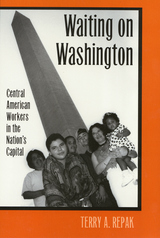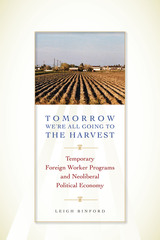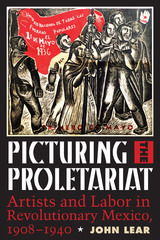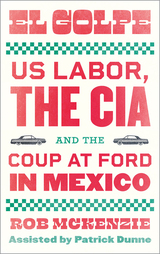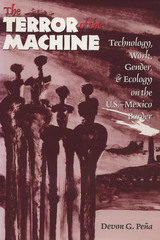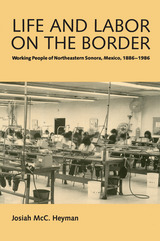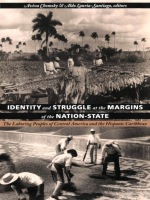Working in the Magic City: Moral Economy in Early Twentieth-Century Miami
University of Illinois Press, 2022
Cloth: 978-0-252-04445-8 | Paper: 978-0-252-08653-3 | eISBN: 978-0-252-05345-0 (standard)
Library of Congress Classification HD8085.M5293
Dewey Decimal Classification 305.562759381
Cloth: 978-0-252-04445-8 | Paper: 978-0-252-08653-3 | eISBN: 978-0-252-05345-0 (standard)
Library of Congress Classification HD8085.M5293
Dewey Decimal Classification 305.562759381
ABOUT THIS BOOK | AUTHOR BIOGRAPHY | REVIEWS | TOC
ABOUT THIS BOOK
In the early twentieth century, Miami cultivated an image of itself as a destination for leisure and sunshine free from labor strife. Thomas A. Castillo unpacks this idea of class harmony and the language that articulated its presence by delving into the conflicts, repression, and progressive grassroots politics of the time. Castillo pays particular attention to how class and race relations reflected and reinforced the nature of power in Miami. Class harmony argued against the existence of labor conflict, but in reality obscured how workers struggled within the city's service-oriented seasonal economy. Castillo shows how and why such an ideal thrived in Miami’s atmosphere of growth and boosterism and amidst the political economy of tourism. His analysis also presents class harmony as a theoretical framework that broadens our definitions of class conflict and class consciousness.
See other books on: Florida | Miami | Social conflict | Working | Working class
See other titles from University of Illinois Press
